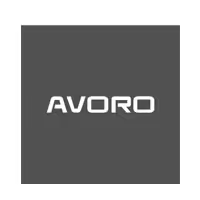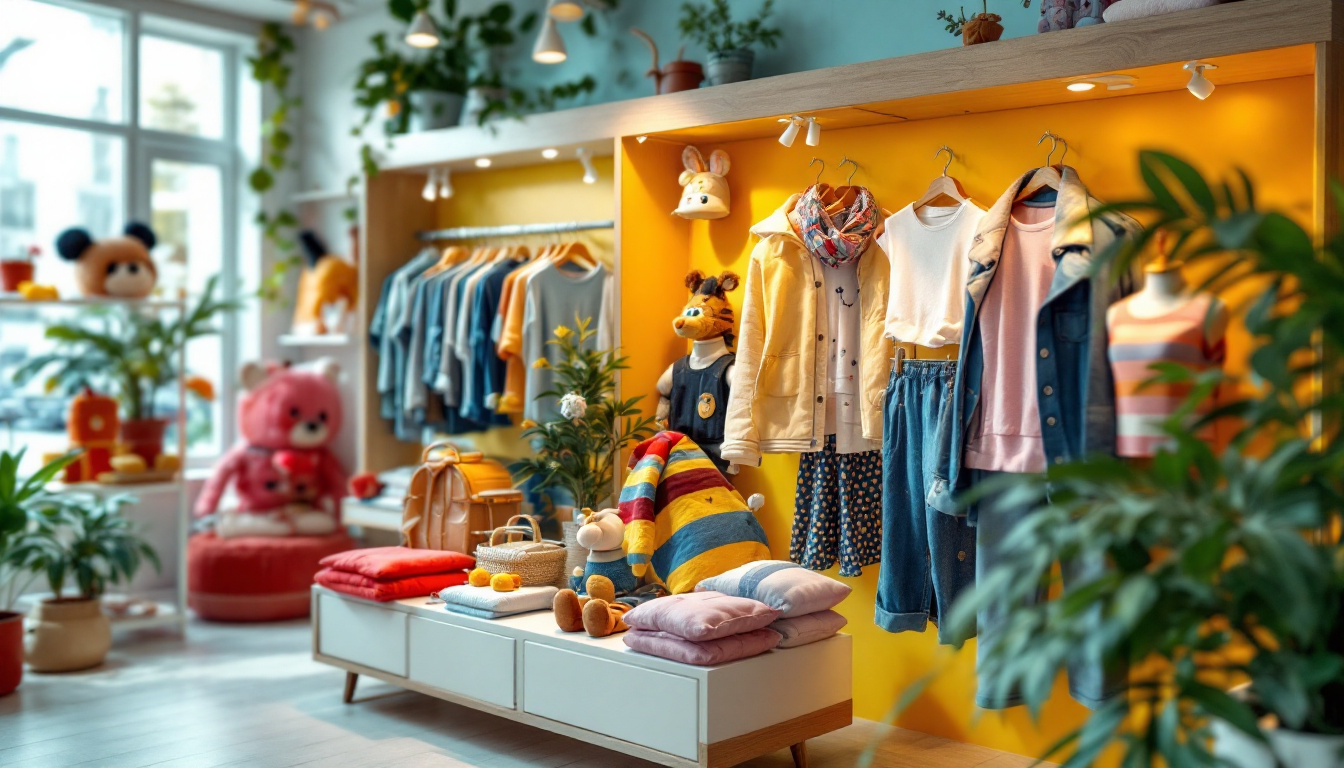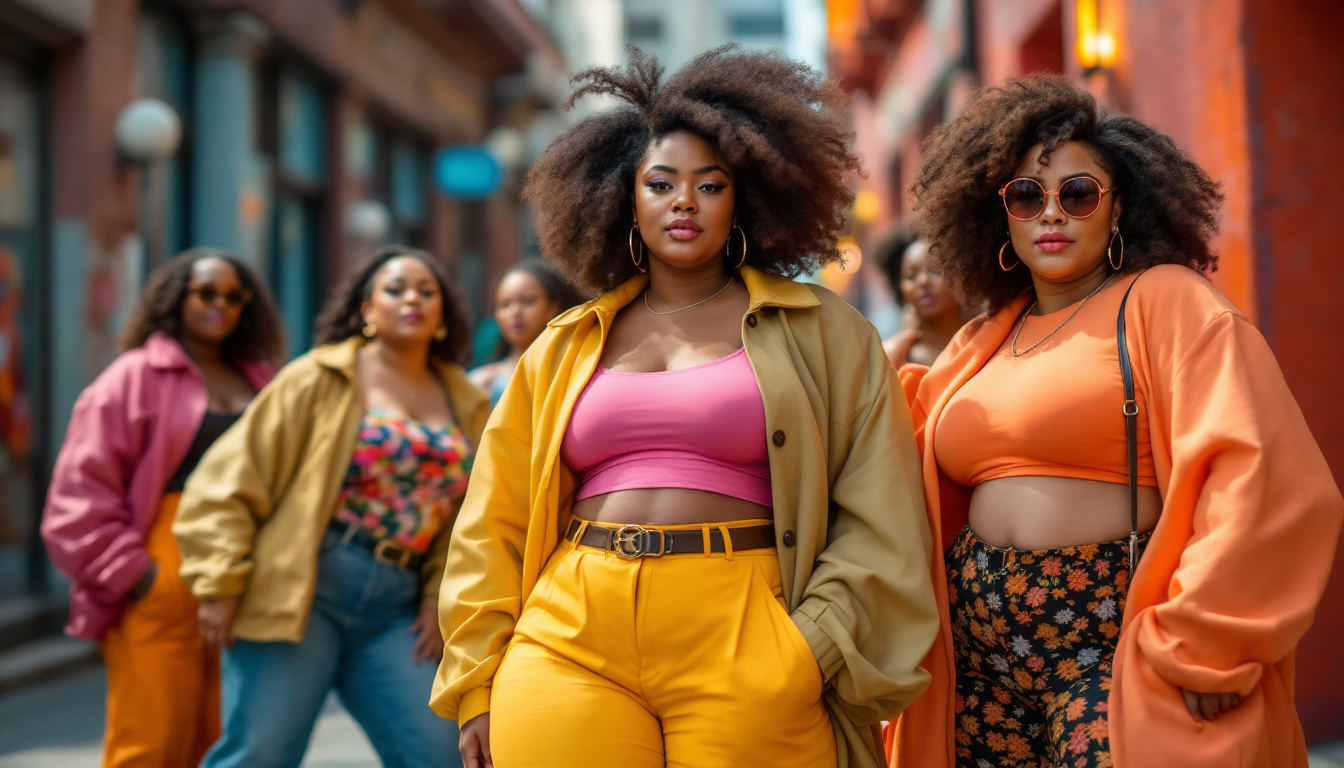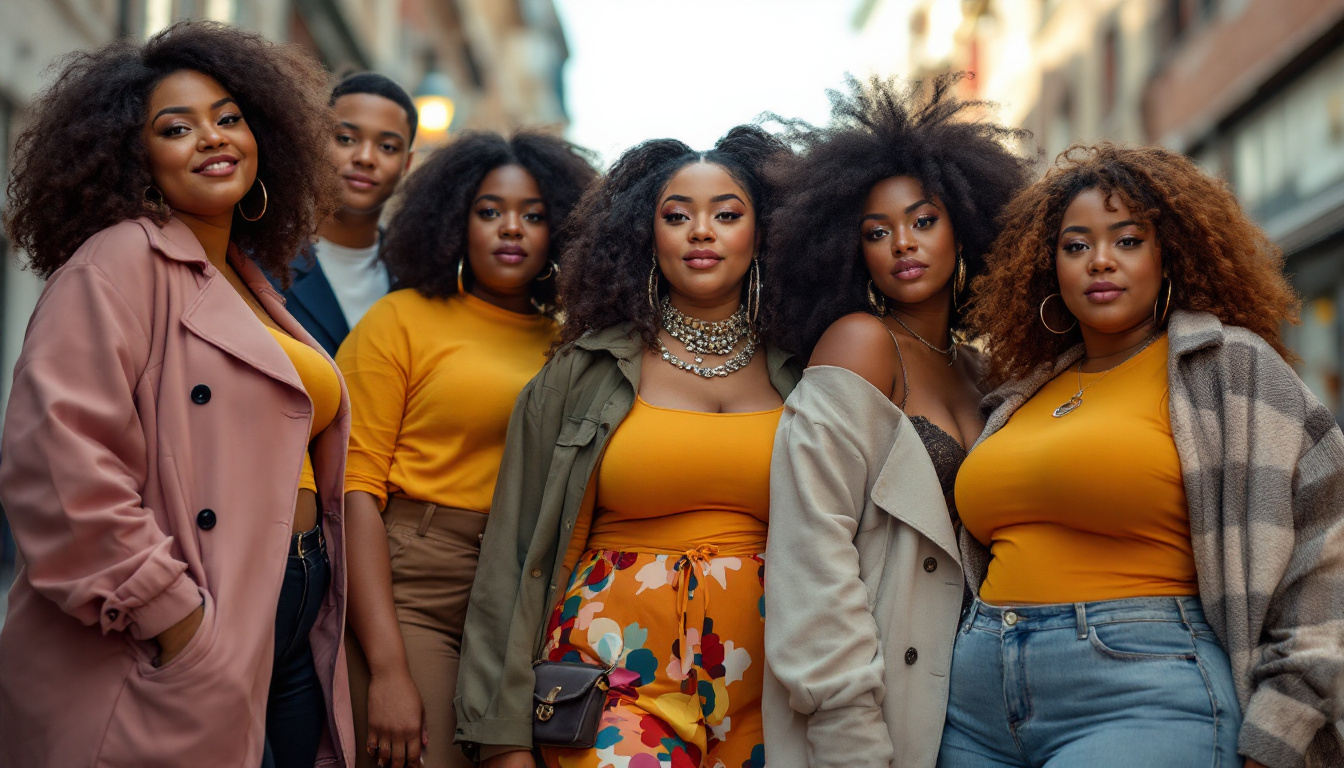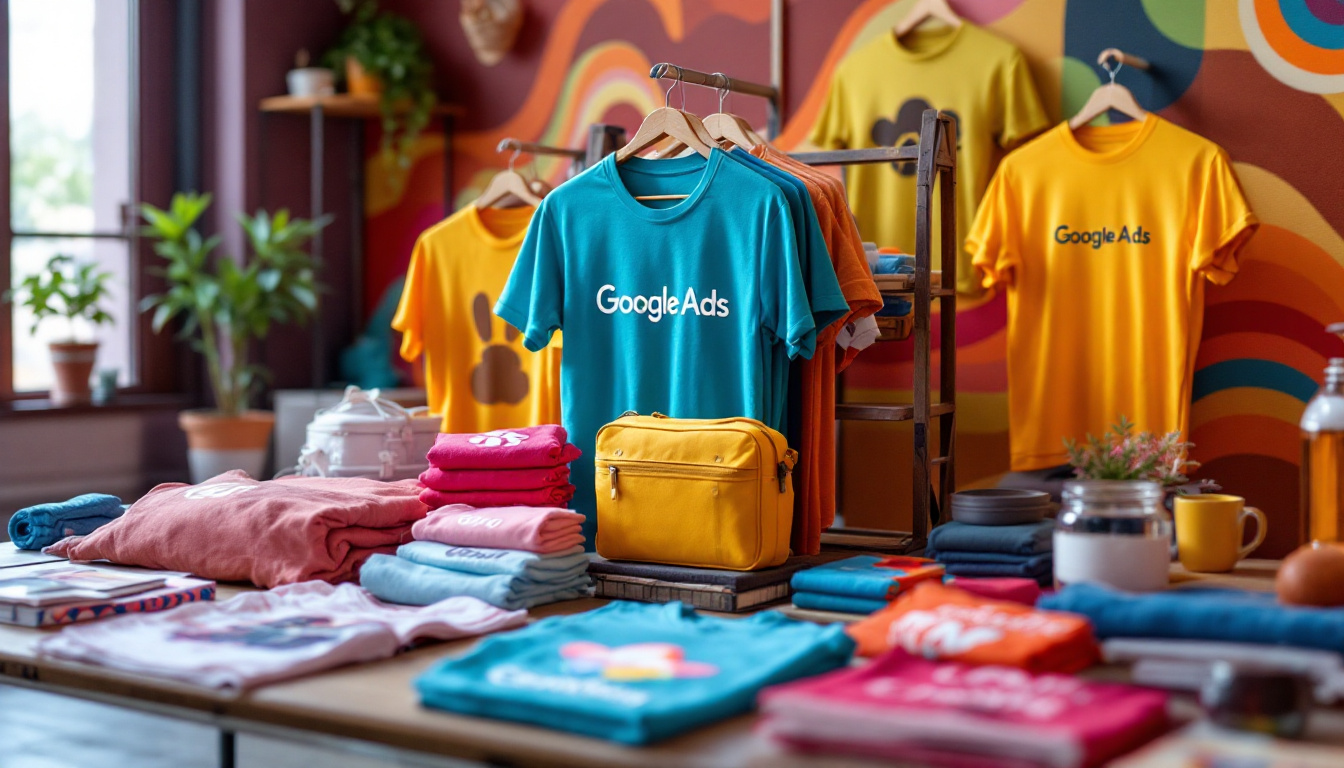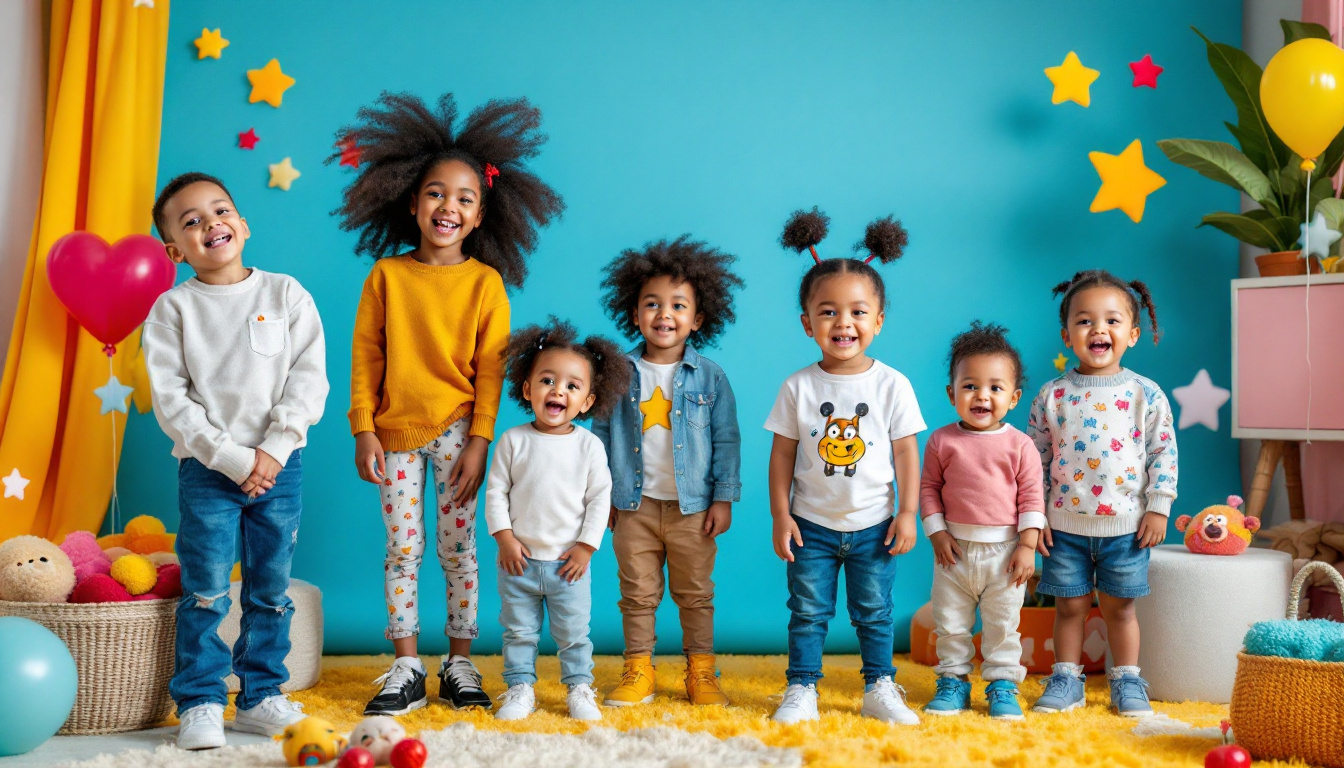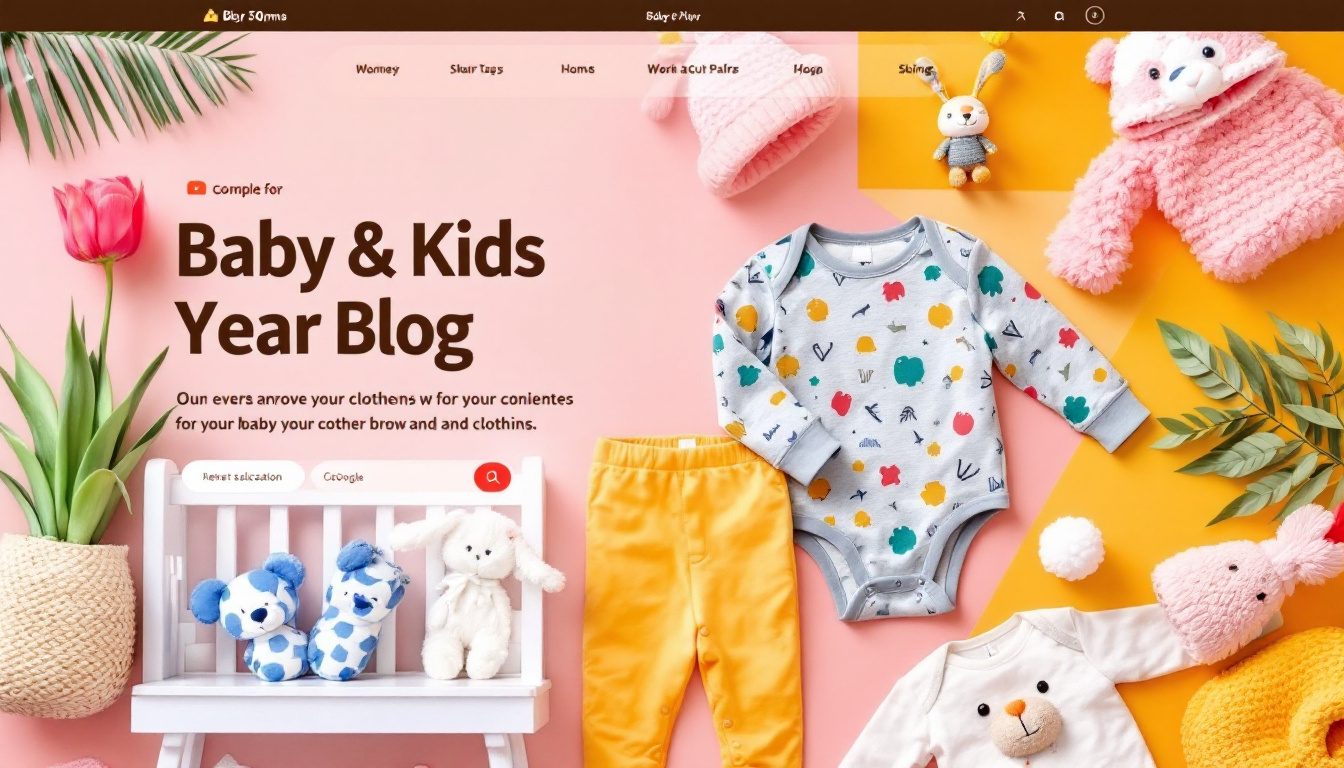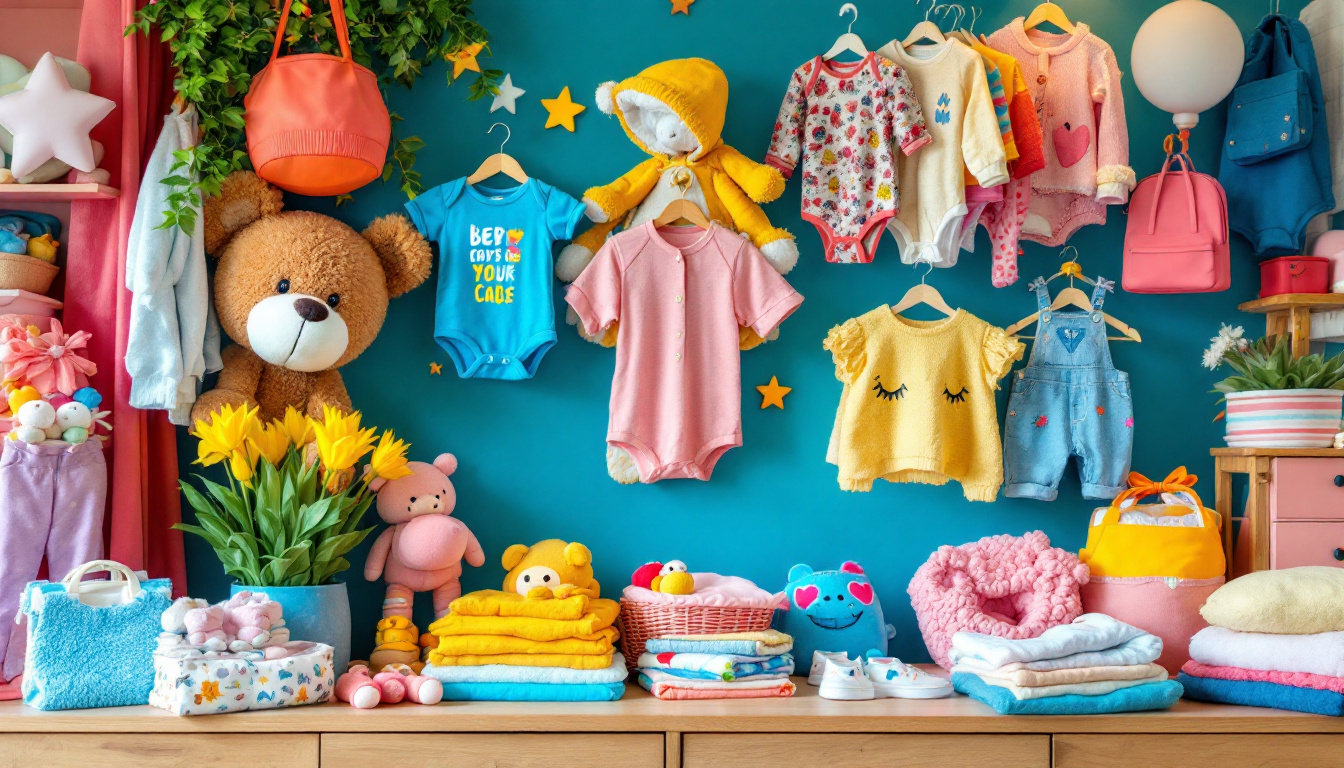Reengage Customers: Retargeting Strategies That Work for Sustainable Clothing

In the realm of retail, particularly for sustainable clothing brands, retaining customer interest and engagement is vital for sustained success. Retargeting strategies serve as potent tools in this regard, allowing brands to reconnect with potential and past customers. This article delves into effective strategies for reengaging customers through tailored approaches that resonate well in the eco-conscious market.
Reengage Customers: Retargeting Strategies That Work for Sustainable Clothing
Retargeting involves strategizing with targeted marketing campaigns aimed at users who have previously interacted with a brand’s website or products. For sustainable clothing brands, retargeting can highlight the brand's dedication to eco-friendly practices while rekindling consumer interest.

The essence of effective retargeting lies in understanding the motivation of the audience. Sustainable clothing consumers often look for brands that are transparent about their environmental impact, which means that retargeting campaigns must not only be visually appealing but must also convey messages that align with eco-conscious values.
Using platforms such as Google Ads and Facebook Ads, brands can create campaigns that not only remind potential customers about their products but also educate them on the sustainable practices behind each item. By integrating compelling storytelling with visuals showcasing eco-friendly materials, brands can capture the attention of shoppers who are already interested in sustainability.
Winning Back Shoppers with Tailored Ads
One highly effective strategy is the use of tailored ads that resonate with a consumer's previous shopping behavior and preferences. Brands can analyze data on what products a shopper viewed, placed in the cart, or expressed interest in but did not purchase. With this insight, personalized ads can be crafted to re-engage these customers.
For instance, if a customer browsed a specific line of organic cotton t-shirts but left the site without making a purchase, tailored ads featuring those very t-shirts can be displayed along with a compelling message highlighting their sustainable production process. Additionally, offering exclusive discounts through these ads can further entice the customer to complete their purchase.
Moreover, utilizing dynamic ads, which automatically adjust to display relevant products that a user has shown interest in, can create a more personalized shopping experience. Such strategies not only boost conversion rates but also contribute to building a loyal customer base who feels understood and valued. This approach also encourages repeat visits, as customers are more likely to return to a brand that consistently reflects their preferences and values.
Segmenting Audiences for Precision
Segmentation is a critical component of effective retargeting strategies. By categorizing customers based on their behavior, demographics, and interests, sustainable clothing brands can tailor their marketing efforts more effectively. Segmented audiences could include frequent buyers, occasional visitors, and those who have shown interest but haven't purchased.
For example, loyal customers could receive exclusive previews of new collections or invitations to eco-friendly giveaways, while occasional visitors might be targeted with reminders of products they’ve viewed along with similar items that highlight the values they care about. This segmented approach ensures that each customer receives messages that resonate with their specific needs and interests.
Furthermore, employing emails as a retargeting tool can be particularly effective. By segmenting the email lists based on previous interactions, brands can send more relevant content such as sustainability tips, brand stories, and product recommendations that align seamlessly with the recipients' values and interests. This not only enhances customer engagement but also fosters a sense of community among consumers who prioritize sustainable living. Brands can also leverage user-generated content in these emails, showcasing real customers wearing their products, which builds authenticity and trust.
Additionally, incorporating social proof into retargeting efforts can significantly impact consumer decisions. Highlighting testimonials, reviews, and ratings from satisfied customers can reinforce the credibility of sustainable clothing brands. When potential buyers see that others have made positive purchases and are passionate about the brand's mission, they are more likely to feel confident in their own buying decisions. This creates a cycle of trust and loyalty that is essential for long-term success in the competitive sustainable fashion market.
Achieving More Clicks with Personalization
Personalization is the backbone of successful retargeting in today’s digital landscape. For sustainable clothing brands, it’s not just about targeting consumers; it’s about understanding their beliefs and values. This means that creativity and clarity should go hand in hand in all marketing communications. By delving deep into the motivations of their audience, brands can craft messages that resonate on a personal level, making consumers feel seen and valued. This tailored approach can significantly increase the likelihood of engagement, as shoppers are more inclined to interact with brands that reflect their own principles and lifestyle choices.

To enhance click-through rates, brands can employ strategies such as user-generated content in ads to build community trust and authenticity. For instance, showcasing real customers wearing sustainable attire not only boosts engagement but also establishes a social proof factor that resonates with potential buyers. This strategy can be further amplified by creating campaigns that encourage customers to share their own stories and experiences with the brand, fostering a sense of belonging and community. When consumers see their peers advocating for a brand, it reinforces the idea that purchasing sustainable clothing is not just a transaction, but part of a larger movement towards environmental consciousness.
Additionally, incorporating elements like customizable features in ads can elevate consumer engagement. For example, allowing customers to visualize how they can style a piece of clothing or showcasing the eco-efforts by the brand can create a more interactive experience that encourages clicks and purchases. Interactive elements such as quizzes to determine personal style or sustainability preferences can also engage users, making them feel more invested in the brand. Furthermore, providing personalized recommendations based on past purchases or browsing behavior can enhance the shopping experience, making it easier for consumers to find products that align with their values and preferences.
As the sustainable clothing industry continues to grow, harnessing these effective retargeting strategies will not only enhance customer engagement but will also support broader goals of sustainability and ethical consumerism. By integrating storytelling that highlights the journey of the materials used, the artisans behind the products, and the positive impact on the environment, brands can create a narrative that captivates and inspires. This deeper connection can transform casual shoppers into passionate advocates, driving not just sales but a movement towards more responsible consumption.

As a Google Ads expert, I bring proven expertise in optimizing advertising campaigns to maximize ROI.
I specialize in sharing advanced strategies and targeted tips to refine Google Ads campaign management.
Committed to staying ahead of the latest trends and algorithms, I ensure that my clients receive cutting-edge solutions.
My passion for digital marketing and my ability to interpret data for strategic insights enable me to offer high-level consulting that aims to exceed expectations.
Google Partner Agency
We're a certified Google Partner Agency, which means we don’t guess — we optimize withGoogle’s full toolkit and insider support.
Your campaigns get pro-level execution, backed by real expertise (not theory).

4.9 out of 5 from 670+ reviews on Fiverr.
That’s not luck — that’s performance.
Click-driven mind
with plastic-brick obsession.
We build Google Ads campaigns with the same mindset we use to build tiny brick worlds: strategy, patience, and zero tolerance for wasted pieces.
Data is our blueprint. Growth is the only acceptable outcome.

